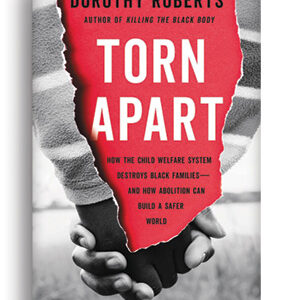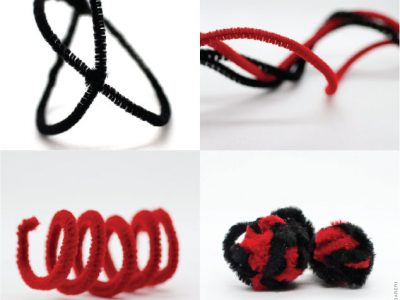AN adolescent boy screams, then whimpers, in pain as he is carried by his arms and legs and strapped to the bed in a psychiatric hospital. Although he is barely struggling with the aides trying to restrain him, one worker has wrenched back the boy’s left arm into a leather cuff with such force that he reinjures a damaged wrist
It’s a disturbing scene, and unfortunately not an isolated example of how patient restraints have been misused by overworked and poorly trained staff in one private hospital chain. Terrance Johnson SW’98, a licensed social worker, captured it all with a hidden camera while working undercover as a mental-health technician at a Charter hospital in Charlotte, N.C.
What he found during his eight weeks in the adolescent ward there–not just the over-zealous use of restraints to deal with unruly patients, but inadequate training, instances of neglect by doctors and fraudulent record-keeping–was the focus of a 60 Minutes II investigation with Ed Bradley. “Unsafe Haven,” as the episode was called, aired on April 21. Bradley’s news team had been investigating Charter Behavioral Health Systems since the March 1998 asphyxiation of a teenager during a restraint in its Greensboro, N.C., hospital.
Charter is the largest chain of private psychiatric hospitals in the country, treating 120,000 patients each year and taking in more than $300 million from federal programs, according to the TV report. Company officials refused to talk to 60 Minutes, but in letters read on the show asserted that they would investigate and take appropriate actions. Charter’s goal, they added, was to achieve a restraint-free environment in its hospitals by the end of 2001.
Johnson, who had previously worked with adolescents, learned of the 60 Minutes investigation from School of Social Work Dean Ira Schwartz. He met with the show’s producers and was initially a bit intimidated by the prospect of going undercover. “After really going over the project with them and talking to lawyers and reading some articles about the state of mental-health care in psychiatric facilities,” Johnson says, “I became very comfortable with the idea and convinced that it could be a way to bring about changes in the mental-health care field.”
While working for Charter, Johnson, who has perfect vision, concealed a tiny camera in the bridge of a pair of black, thick-rimmed glasses. A band was attached to the glasses to keep them around his neck; contained inside was a wire that went down the back of his shirt, under a harness vest, and led to a flip switch in his pocket. No one suspected him, he says. “One time a person touched my vest and said ‘What have you got on?’ ‘Oh, it’s back support,’” was Johnson’s quick-thinking response.
Johnson, who says he was hired, in part, “because I’m a big guy (6’2’’), and they were looking for a big guy to participate in restraints,” was alarmed that he was given no training for this dangerous job. Similarly, hospital staff, with little or no training, were expected to monitor the vital signs of patients. In addition, Johnson’s supervisor told him that she emphasized the negative about patients’ behavior in her reports, so insurers would pay for hospitalization.
CBS has received more than 1,200 e-mails about the show and Johnson says he’s gotten kudos from other professionals. “A lot of people are glad that somebody exposed this.”
Currently, Johnson is working very much out of cover on a research project through Penn’s School of Social Work, studying why some young African-American males in Philadephia have been so resilient against the odds of urban poverty.




